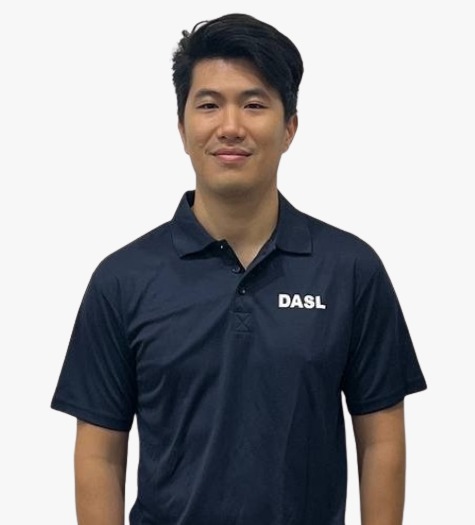IGBC 2025: Worker dormitories moving beyond compliance to viable investments, says Singapore association

- Dormitory Association Singapore Limited (DASL) council member Alexander Wu: Centralised Labour Quarters (CLQs) are no longer just a compliance requirement—they are emerging as a viable, income-generating asset class for forward-thinking developers.
KUALA LUMPUR (Aug 20): Worker dormitories are increasingly viewed not only as regulated housing solutions but also as emerging investment assets, with a shift in focus towards community well-being, sustainability, and long-term viability.
Speaking at the International Green Build Conference (IGBC) 2025, Dormitory Association Singapore Limited (DASL) council member Alexander Wu (pictured) underscored the growing role of purpose-built worker dormitories as both a regulated housing solution and an emerging investment asset class.
Read also
Malaysia pushes for 40% recycling, minister Nga calls for promotion of conscious consumption
Fadillah reaffirms goal of net-zero carbon emissions by 2050
DASL is a non-profit, independent trade association in Singapore led by 10 council members who are the leading dormitory operators in the island republic.
“Centralised Labour Quarters (CLQs) are no longer just a compliance requirement—they are emerging as a viable, income-generating asset class for forward-thinking developers,” he said.
The council member noted that the previous approach to dormitory development was primarily centred on efficiency and cost reduction. However, the focus has since shifted to enhancing workers’ well-being and fostering a sense of community.
The key challenge, he said, lies in ensuring economic viability while creating inclusive living environments.
Incorporating technological innovation and sustainable practices was identified as a potential solution to balance both objectives.
In December 2023 and 2024, Singapore’s foreign workforce reached a record high of approximately 450,000, primarily in the construction, marine, and process industries. However, with dormitories operating at around 80% occupancy, capacity remains insufficient to house all workers.
This, Wu added, has spurred investment interest in large-scale projects and prompted the government to enter the dormitory development segment, setting new benchmarks for standards and facilities.
Dormitories in Singapore are no longer viewed solely as basic, cost-saving accommodation near worksites. They are increasingly designed as community-based, co-living environments.
Facilities include privacy areas, social spaces, communal kitchens, and recreational amenities, aimed at improving worker welfare, social integration, and retention.
The sector has also embraced sustainability initiatives, ranging from solar panels and energy storage systems to rainwater harvesting and food-waste-to-energy solutions.
These green features not only reduce operating costs but also align with ESG requirements.
Recent transactions illustrate growing financial interest. Large-scale acquisitions have already taken place, including a S$750 million (RM2.46 billion) portfolio deal, while upcoming listings are expected to reach S$1.8 billion.
“Dormitories are financially attractive to investing,” Wu reiterated.
He was of the view that dormitories are resilient assets that provide recurring income streams and remain a preferred housing option for employers engaged in large infrastructure and industrial projects.
Transport solutions are also being explored to ease congestion, with dormitory operators partnering with service providers to consolidate bus routes and reduce carbon emissions.
Wu suggested that Singapore’s model may offer lessons for Malaysia, where worker housing remains a pressing issue.
EdgeProp is media partner for IGBC 2025, themed “Adaptation Through Sustainable Innovation” and co-organised by GreenRE and REHDA.
Does Malaysia have what it takes to become a Blue Zone, marked by health and longevity? Download a copy of EdgeProp’s Blueprint for Wellness to check out townships that are paving the path towards that.
Never miss out
Sign up to get breaking news, unique insights, event invites and more from EdgeProp.
Latest publications
Malaysia's Most
Loved Property App
The only property app you need. More than 200,000 sale/rent listings and daily property news.
